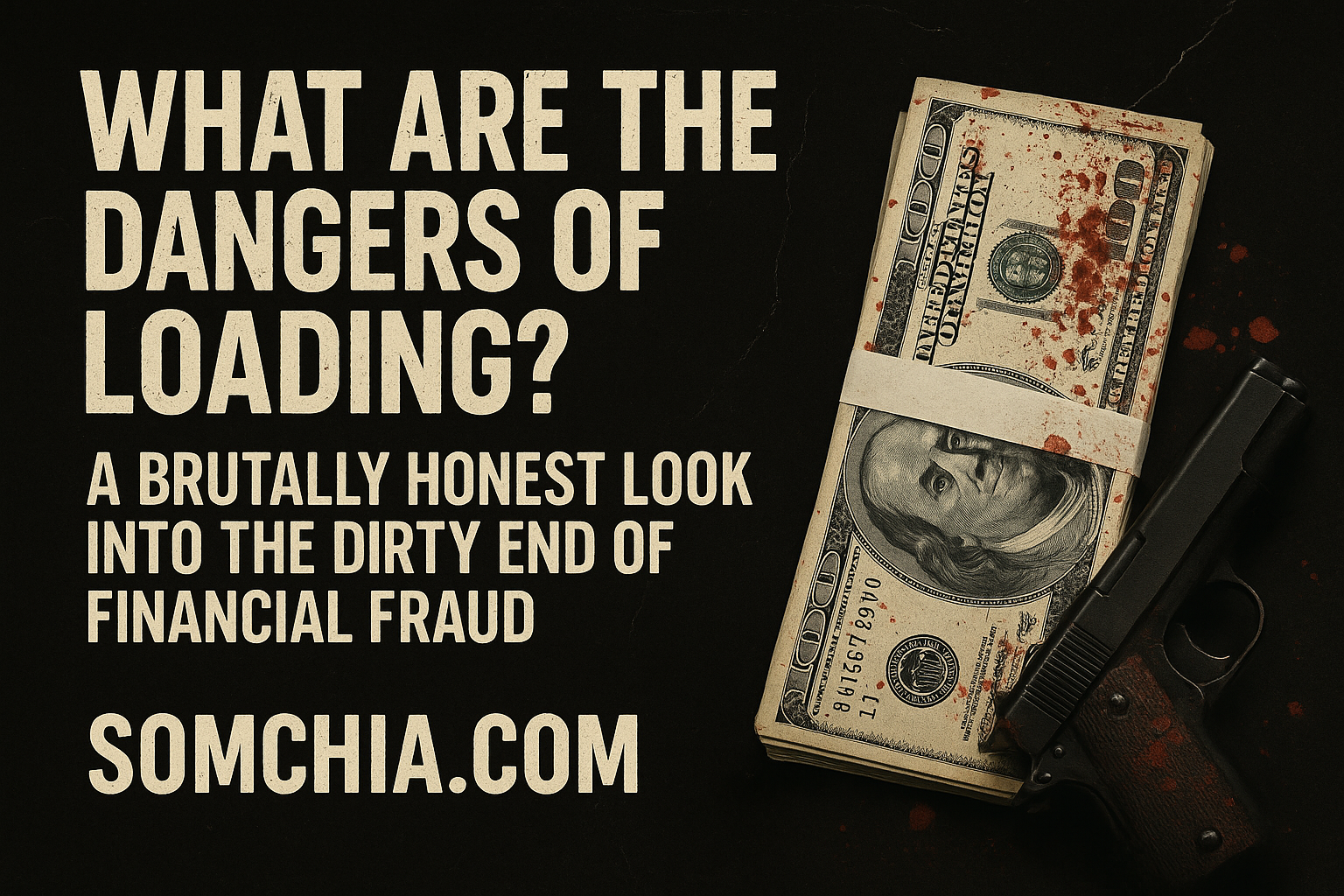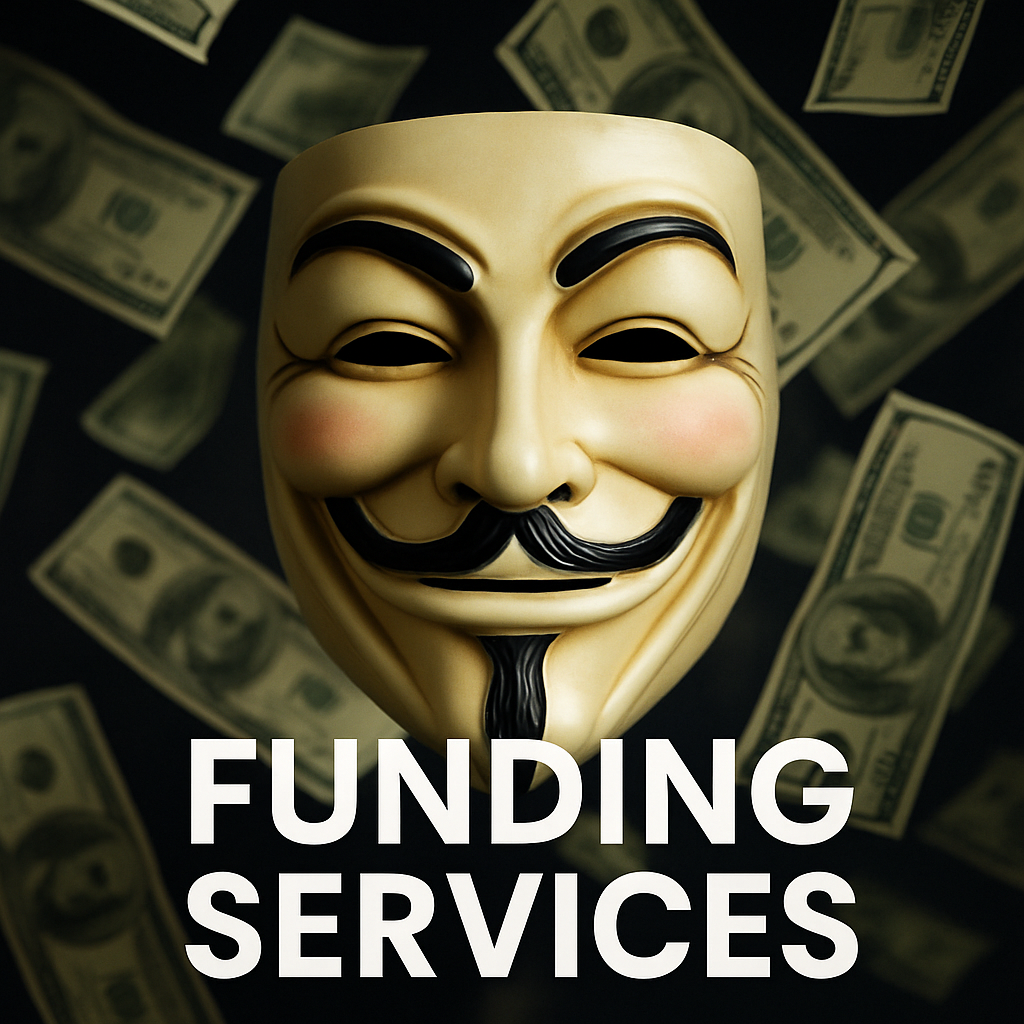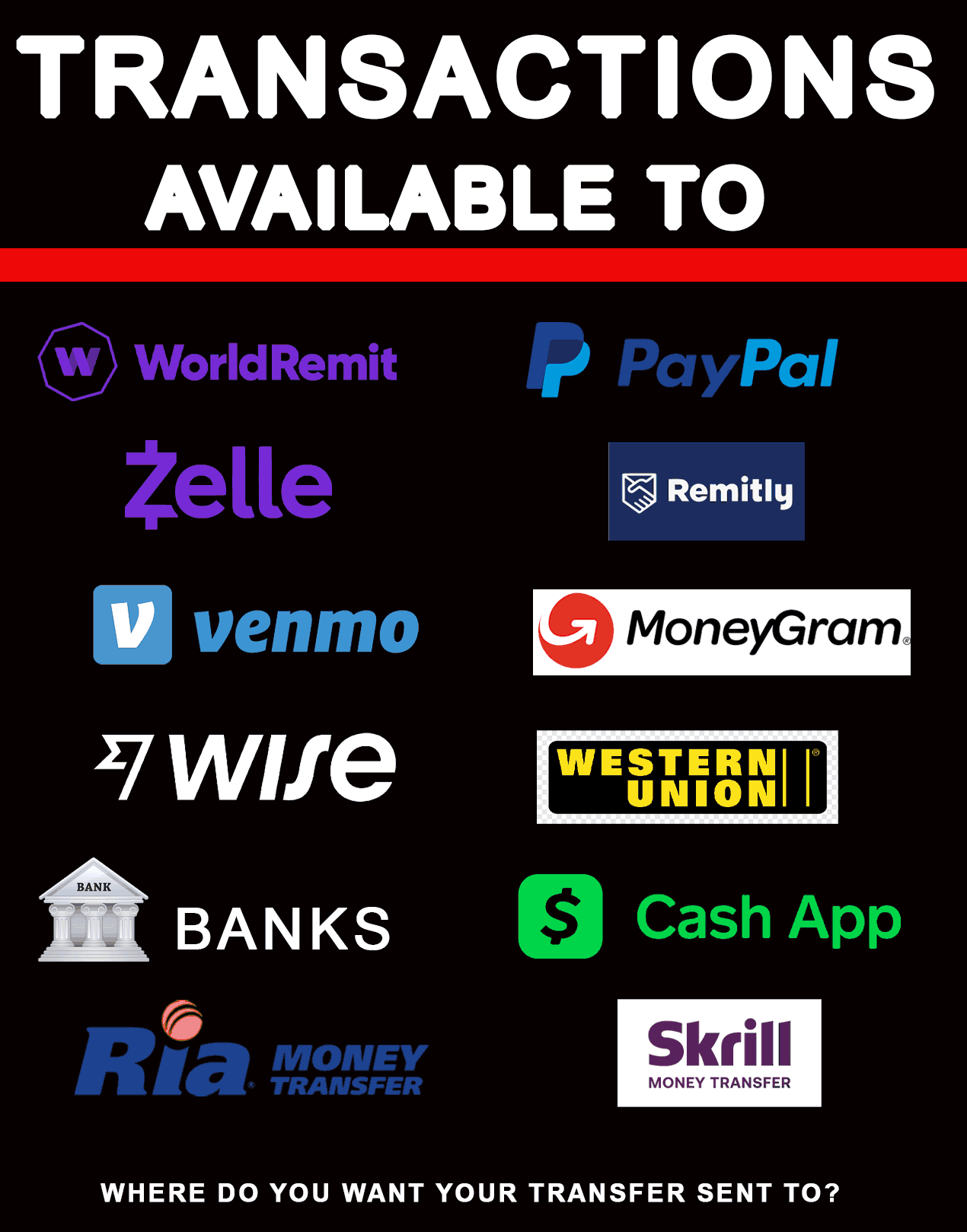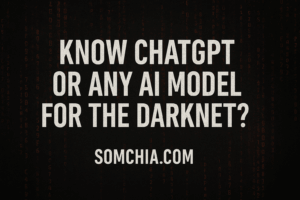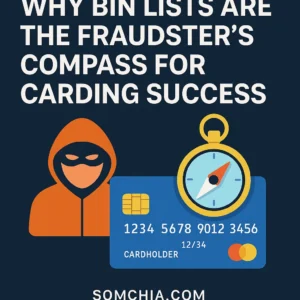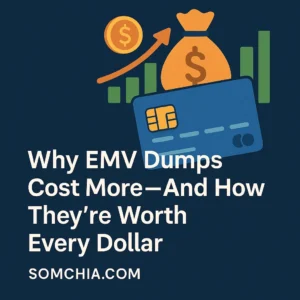Let’s cut the crap. You’ve heard the pitch: “Hey, wanna make a quick buck? Let me load your bank account. You get 20%. Easy money.” And maybe—just maybe—you’ve been dumb or desperate enough to consider it. It’s called loading. Sounds harmless, even lucrative. But let me tell you what it really is: a one-way ticket to burning your digital footprint, torching your future credit, and if you’re lucky, only getting slapped with a fraud investigation.
See, this isn’t just cybercrime folklore. It’s the real dirt running under Europe’s polished financial systems and behind the curtains of thousands of “too good to be true” offers. And if you think you’re too smart to get caught, guess what? Every idiot who got arrested thought the same.
Loading: The Bait and The Setup
“Loading” is a nice euphemism for money muling. Here’s how it goes down: someone convinces you to let them push dirty money through your bank account. In return, they give you a cut. Usually cash. Usually fast. Usually untraceable.
Sounds sweet, right?
Until the funds came from a stolen card. Or hacked PayPal. Or a spoofed MoonPay account. And suddenly the transaction history tied to your real name, your IP, and your government-issued ID is being dissected by a forensic analyst who has nothing better to do than eat frauds like you for breakfast.
But I’ll Just Say I Got Hacked… Right?
Oh, the classic “I got hacked” defense. Let me destroy that fantasy for you in five words:
You need proof of compromise.
That means if you really want to sell that lie, you better be prepared to put on the performance of your life. Open your email at 4 AM through a proxy. Change your password. Logout, act shocked. Then call the bank and cry like a baby, “I don’t know what happened… someone must’ve hacked me…”
You know what the banks will do?
They’ll freeze your account. Conduct an internal audit. Check geolocation data, timestamps, devices used. Your lame little story? It’ll crack under pressure in minutes. They’re not dumb. They’ve seen 10,000 of you already this year. You think you’re the first genius to play victim? They’ve got scripts for this now.
Real Talk: What Happens When You Get Caught?
Let’s play out the scenario.
-
Your account gets locked.
-
The funds get reversed or flagged.
-
You’re permanently blacklisted by that bank.
-
Your name goes on a fraud registry.
-
Your passport, phone number, IP history? All under review.
-
You’re the #1 suspect in an open fraud investigation.
And if the origin of the funds came from a high-profile theft or large-scale scam, congrats—you just upgraded your charges from petty fraud to organized financial crime. Go ahead, explain that to your future landlord, employer, or immigration officer.
The Mule Illusion: Why Getting a Cut Doesn’t Make You Safe
Let’s address another delusion: “But I just took a small cut in cash! No one can trace it back to me.”
Wake up.
Even if you touch one cent of that stolen money—whether it’s digital, physical, or moved via crypto—your hands are dirty. If you were used as a financial mule, that makes you part of the laundering process. Prosecutors love this kind of chain involvement. Why? Because you’re the weakest link. And weak links get squeezed first to expose the rest.
Let’s not forget what Suzie—the only person in that thread who made sense—pointed out: banks’ Terms and Conditions explicitly warn you against touching money that isn’t yours. If you accept it and spend it, you’re toast. It doesn’t matter if you bought sneakers or sushi. Once you touch it, you’re guilty by association. And when that complaint hits the police station? You’re gonna need more than “I misplaced my logins” to dodge the heat.
What About Aged Accounts, PayPal, MoonPay, and Other Traps?
Don’t think just because it’s not a bank that you’re safe. Aged PayPal and MoonPay accounts are high-value targets because they have transaction histories, trust ratings, and bypassed verification thresholds. But the second fraudulent funds go through? Those accounts are flagged, frozen, and linked back to you.
One guy in the thread said someone offered him a deal: “Let me use your PayPal. I’ll keep half, you’ll get half. You won’t even notice.”
Really? You won’t notice when the account is locked, and PayPal starts emailing you legal warnings? Or when they start deducting chargebacks and reversing transactions?
When that goes down, you won’t just owe the money—you’ll owe it with interest. And in many EU countries, that means wage garnishment, credit blacklisting, and restricted access to future financial services.
Crypto Cuts & Bank Loopholes – Myth or Lifeline?
There’s this twisted logic floating around: “If I receive my cut in crypto or through a second bank account, I’ll be safe.”
False security. Here’s why:
-
Crypto is traceable. Ever heard of blockchain forensics? It’s a multi-million dollar industry now. Chainalysis. CipherTrace. Elliptic. These firms trace crypto movements across wallets faster than most people can type their wallet password.
-
Bank-to-bank transfers create a trail. Using a second account only delays the inevitable. Investigators follow money. It’s what they do. You think your buddy’s Revolut or N26 is invisible? Think again.
And for those who brag, “Some banks don’t care where the money comes from”—sure, until they do. Until one flagged transaction brings in regulatory scrutiny. Then you’re getting a 6 AM knock on your door.
Loading in Europe: The Legal Consequences Are Real
Let’s talk real-world repercussions in European countries:
-
In Germany, mules have been prosecuted under Section 261 of the Strafgesetzbuch (German Penal Code) for money laundering—even if they claimed ignorance.
-
In France, using a bank account knowingly or recklessly for transferring illicit funds can get you charged for handling stolen goods—five years and €375,000 fine.
-
In the UK, under the Proceeds of Crime Act, receiving money you “should’ve known” was criminal can get you a sentence up to 14 years.
That’s the kicker. You don’t have to know it was criminal. You just have to be reasonably expected to know.
This Isn’t Hustle. This Is Suicide in a Suit
Listen. I get it. Times are hard. Money’s tight. Temptation is real. But getting involved in loading is not hustle culture—it’s suicide in a hoodie. No glory. No escape route. No fallback plan.
The guys making real money off this? They’re using your identity to stay clean. You’re the mule. The front. The easy target. The sacrificial pawn.
They walk away. You get questioned, tracked, arrested, and screwed.
How to Actually Protect Yourself
So here’s what you do:
-
Don’t accept mysterious money into your account—ever.
-
Don’t rent out your PayPal, Venmo, Zelle, MoonPay, or any digital wallet.
-
Don’t believe people who say they’ll “handle the risk.” They are the risk.
-
Don’t think being broke makes you invisible. Poverty doesn’t protect you from prosecution.
-
And don’t you dare think you can outsmart a banking system that tracks billions in fraud every year.
Final Word: Stay Ruthless, But Not Reckless
If you want to win in the underground economy, learn the difference between hustle and handcuffs. Real players think long-term. They understand risk. They build armor, not just opportunity.
Loading isn’t a shortcut to wealth. It’s a detour to destruction.
So next time someone offers you a “quick flip” for 20%—ask yourself one question:
Is your freedom worth €200?
If not, walk away.
Better yet, run.

